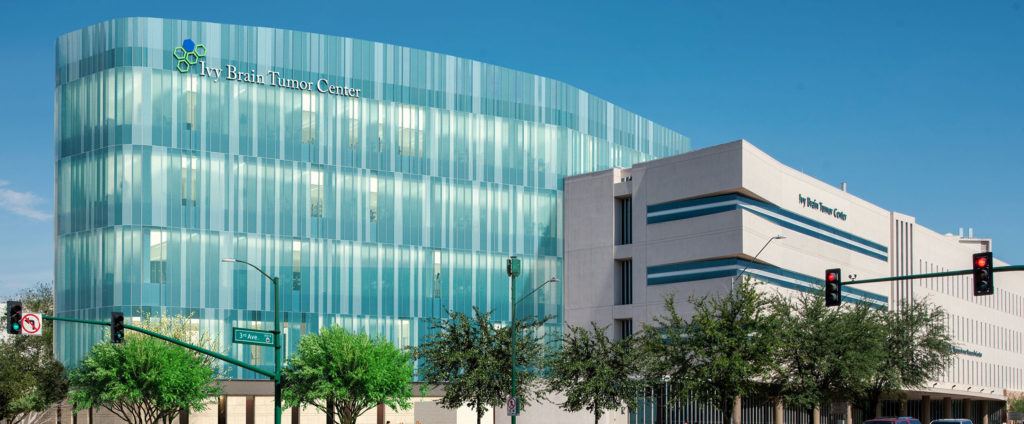
Clinical Trials for Pineal-Region Tumors

What is a Pineal-Region Tumor?
Tumor types occurring in the pineal region of the brain may or may not involve the pineal gland. True pineal cell tumors are defined as pineocytoma, pineoblastoma, and mixed pineal tumors
Pineal-region tumors represent less than 1% of all primary brain tumors. These tumors tend to occur in young adults between 20 and 40 years old. Approximately 10-20% of these tumors, particularly pineoblastomas, have the potential to spread through the cerebrospinal fluid to other areas of the brain and spine.
Mixed, or intermediate-grade, pineal-region tumors can be WHO grade III and are more aggressive.
What is a Pineocytoma?
Pineocytomas are slow-growing. These tumors are designated as grade II tumors by the World Health Organization (WHO) with a typically cystic appearance.
What is a Pineoblastoma?
Pineoblastomas are WHO grade IV tumors that are the most aggressive variety.
Like most brain tumors, the exact cause of pineal-region tumors is not known. Other tumors may occur in this region, but are not necessarily pineal tumors. These include germinoma, non-germinoma (e.g., teratoma, endodermal sinus tumor, embryonal cell tumor, choriocarcinoma, and mixed tumors), meningioma, astrocytoma, ganglioglioma, and dermoid cysts.
Pineal-Region Brain Tumor Symptoms
Pineal- Region brain tumor symptoms, including pineocytoma and pineoblastoma, vary widely depending on the type, location, size and growth rate of the tumor. There are no specific symptoms that only occur due to a glioma tumor.
General symptoms of brain tumors include:
- New onset or change in pattern of headaches
- Headaches that gradually become more frequent and more severe
- New onset of seizures
- Gradual loss of sensation or movement in an arm or a leg
- Difficulty with balance
- Difficulty speaking
- Personality or behavior changes
- Confusion
- Unexplained nausea or vomiting
- Blurred vision, double vision, or loss of peripheral vision
- Hearing problems
Contact your physician if you are experiencing any of these symptoms.
PHASE 0 CLINICAL TRIALS FOR PINEAL-REGION TUMOR
Clinical trials for pineal-region tumors are uncommon, but since there are no proven therapies beyond surgery and radiotherapy, developing new drugs for these patients is critical. The Ivy Brain Tumor Center places a particular emphasis on cultivating experimental therapy options within our clinical trials’ portfolio for this underserved patient population.
If you have a pineal-region tumor and have undergone MR imaging with evidence of tumor recurrence, you may be a candidate for one of our Phase 0 clinical trials. Our Phase 0 studies provide you with information you can use right now to make informed treatment decisions. This knowledge allows you to have a voice in your care and places some control back into your hands.
Am I Eligible?
View a list of our open trials and receive a free trial screening to determine your eligibility.
Stay Informed
Medically Reviewed by: Dr. Nader Sanai


